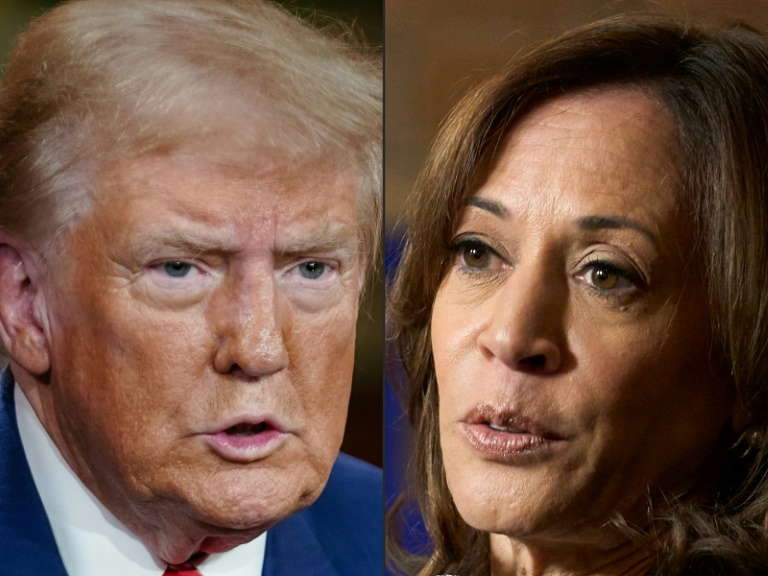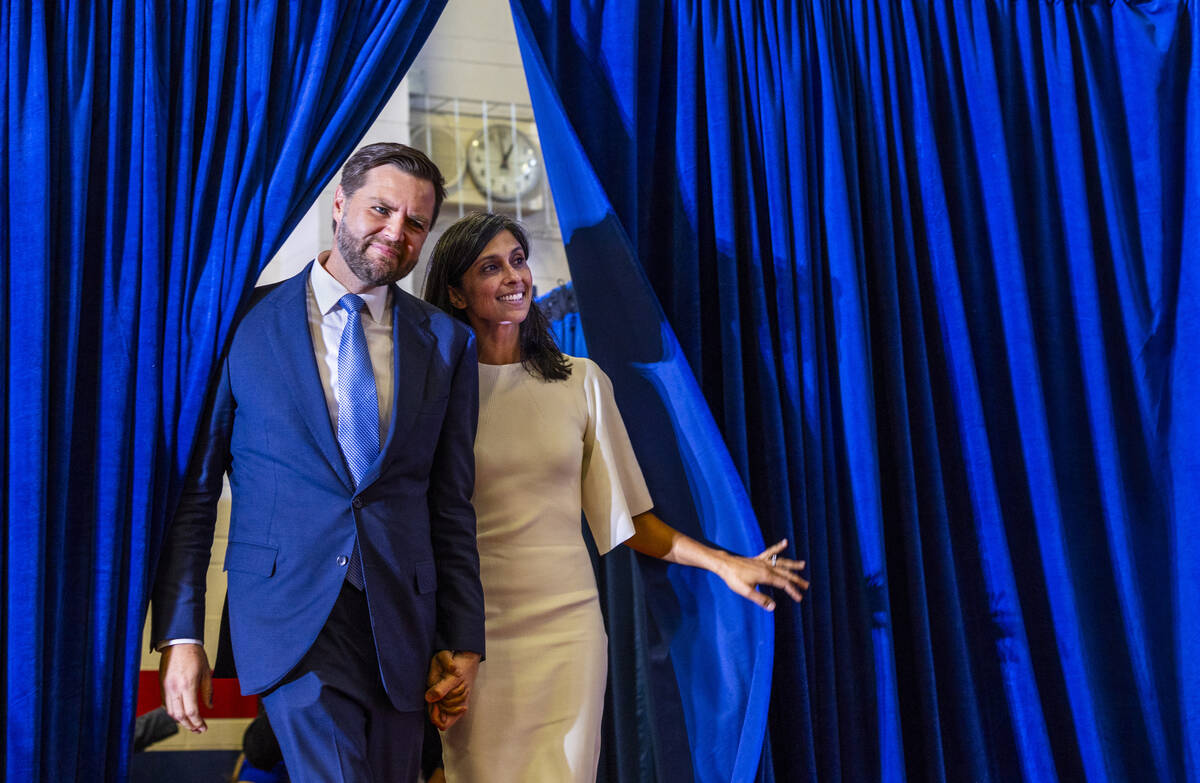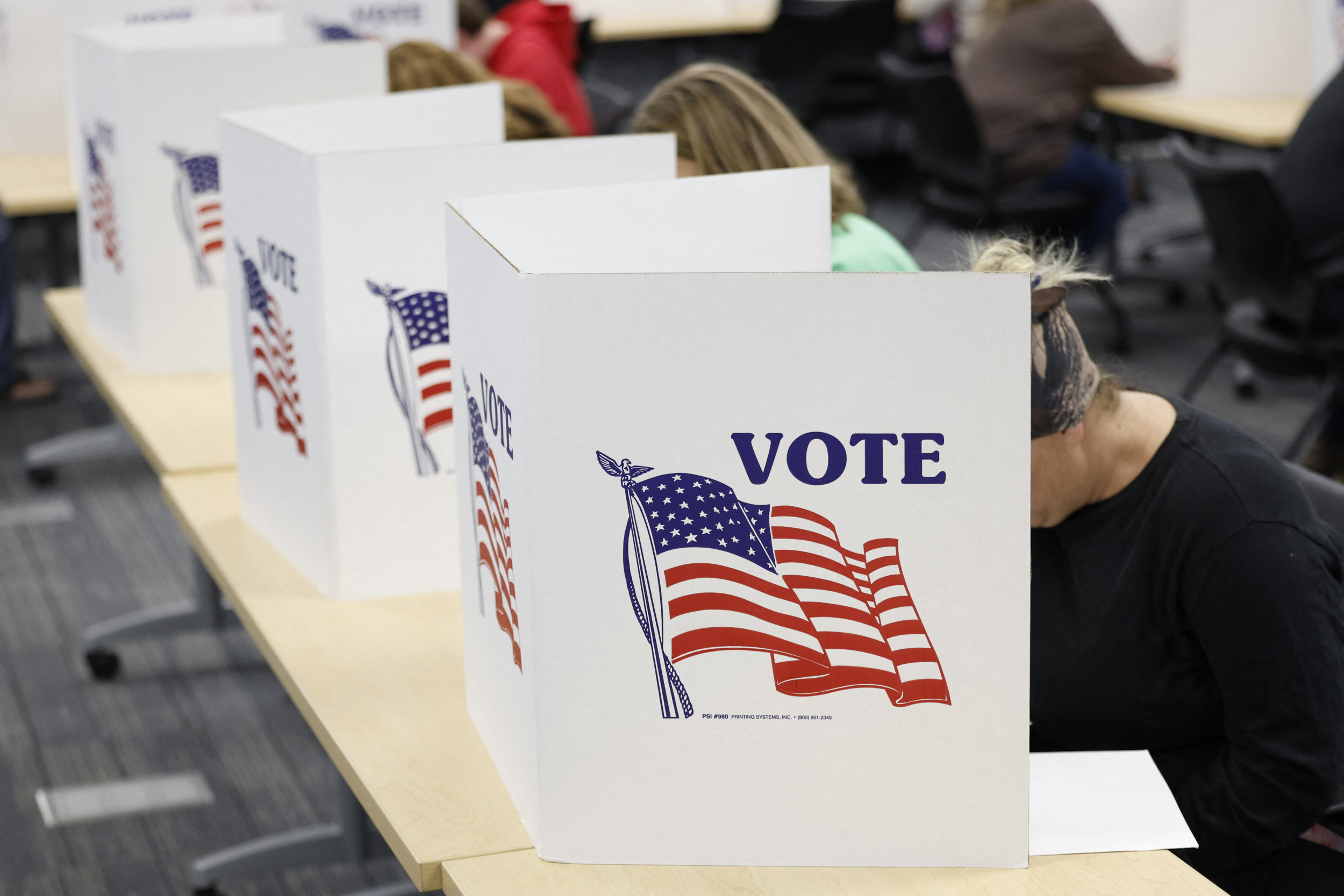Minnesota Governor Tim Walz made headlines this week during remarks at Harvard’s Institute of Politics, where he offered a candid reflection on his selection as Kamala Harris’s running mate in the 2024 presidential election. Speaking to a crowd of students and faculty at the John F. Kennedy School of Government, Walz explained the rationale behind Harris’s decision to tap him as her vice-presidential candidate.
According to Walz, his identity and cultural resonance with white working-class voters played a central role.
“I could code-talk to white guys watching football, fixing their truck,” Walz said. “I was the permission structure to say, ‘Look, you can do this and vote for this.’”
Democratic Outreach Strategy: Walz Tapped to Reconnect with White Working-Class Male Voters
The governor’s remarks reflect a broader Democratic strategy aimed at reconnecting with rural, blue-collar voters, especially white men, who have drifted away from the party over the last several election cycles. Harris’s campaign, which was widely seen as an effort to unify a fractured Democratic base, relied on Walz to reach a demographic that was increasingly aligning with Republicans.
Walz, a former National Guard sergeant and high school football coach from southern Minnesota, is known for his middle-American appeal. His down-to-earth demeanor, military service, and rural roots were all considered valuable assets as the Harris campaign sought to build inroads in battleground states across the Midwest.
Election Reflections: Walz Still “Shocked” That Voters Rejected Harris, Calls Her the “Most Qualified” Candidate
Walz expressed lingering disappointment over the election results, which saw the Harris-Walz ticket fall short in November 2024.
“I’m still shocked that this country didn’t vote for what I consider to be the most qualified person in United States history,” Walz said, referring to Kamala Harris.
Despite significant efforts to broaden the Democratic coalition, the campaign struggled to overcome economic anxieties, foreign policy uncertainties, and what many observers described as voter fatigue following the Biden administration.
Communicating Across Cultural Divides: Walz Explains the Importance of “Speaking Their Language”
Throughout the campaign, Walz served as a cultural ambassador of sorts, tasked with appealing to voters whose values and media consumption habits often diverged from the Democratic mainstream. At Harvard, he spoke openly about the need to “speak the language” of working-class communities, both figuratively and literally, through storytelling and symbolic gestures.
“I get it,” Walz told the audience. “A lot of folks aren’t watching MSNBC. They’re watching ESPN or TikTok or just trying to make ends meet.”
He also described how he leaned into his own Midwestern identity during the campaign, including a viral video in which he joked about the “white guy taco”- ground beef and cheese – and playfully noted that “black pepper is the top of the spice level in Minnesota.”
While some applauded the self-deprecating humor, others criticized the segment for reinforcing cultural stereotypes.
Controversies on the Campaign Trail: Walz Faced Attacks Over Menstrual Equity and Town Hall Absences
Walz’s role in the campaign was not without controversy. Conservative commentators labeled him “Tampon Tim” after he supported legislation requiring public schools to provide menstrual products in bathrooms, including boys’ restrooms.
The Harris campaign stood by the legislation, framing it as part of a broader push for equity and access in education. In contrast, critics framed it as emblematic of a party out of touch with mainstream concerns.
Walz also came under fire for hosting closed-door veterans’ roundtables during the campaign, as well as for skipping several public town halls. He defended the approach as necessary for constructive dialogue, though transparency advocates expressed concern.
Reviving the Democratic Brand: Walz Urges the Party to Reconnect with Its Working-Class Roots
Despite the loss, Walz used his Harvard platform to issue a clarion call for Democrats to rebuild their identity and regain trust with working-class voters across racial and geographic lines. He stressed the importance of articulating a vision of government that centers on personal freedom, fairness, and practical solutions.
“We need to reclaim who we are as a party of opportunity, of dignity, of everyday Americans,” Walz said. “If we leave that vacuum, someone like Donald Trump will fill it again.”
Road to 2028: Walz Calls for Unity and Infrastructure Before the Next Nominee Is Chosen
As speculation mounts over the 2028 Democratic field, Walz offers a glimpse into his political philosophy for the years ahead. He advised Democrats not to rush into selecting a nominee but instead focus on laying the groundwork through legislative wins, public engagement, and a consistent national message.
“We can’t afford to lose sight of the basics,” he said. “Before we find the face, we need to fix the foundation.”
While Walz has not ruled out a future presidential run, his recent remarks suggest he sees his role more as a bridge builder than a frontrunner.
The speech capped off a week of intense political debate, with Walz’s comments circulating widely on social media and generating both praise and ridicule. Still, his message about reconnecting with disaffected voters resonated across ideological lines, especially in a nation still reeling from political division and cultural polarization.
As one student in attendance put it, “You may not agree with everything he says, but at least he’s talking to people who feel forgotten.”
The post Tim Walz Says Kamala Harris Chose Him for VP Role to “Code Talk to White Guys” in 2024 Campaign appeared first on Where Is The Buzz | Breaking News, Entertainment, Exclusive Interviews & More.











